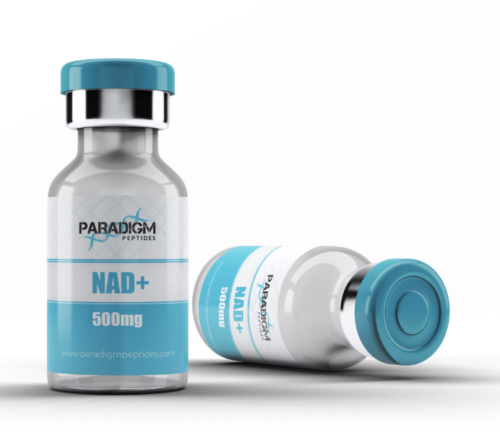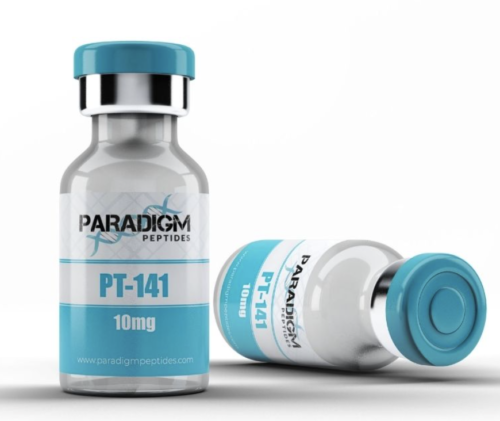Apple cider vinegar (ACV) has gained considerable attention as a potential health elixir, with claims ranging from weight loss and improved digestion to reduced blood sugar levels and enhanced skin health. As with any health trend, it is essential to critically evaluate the available scientific evidence to determine if incorporating ACV into your diet is worth it. In this article, we delve into the potential benefits of ACV and discuss its role in a healthy diet.
- Aid in Weight Management:
One of the most widely touted benefits of ACV is its potential to aid in weight management. Some studies suggest that consuming ACV may increase feelings of fullness and reduce calorie intake, potentially leading to weight loss. However, the evidence supporting this claim is limited and mixed. While ACV may have a modest effect on appetite control, its impact on long-term weight loss is not well-established.
- Improved Digestion and Blood Sugar Control:
ACV has been credited with promoting healthy digestion and regulating blood sugar levels. It is believed to slow down the digestion of carbohydrates, preventing spikes in blood sugar and insulin levels after a meal. Several studies have shown that ACV can improve insulin sensitivity and lower post-meal blood sugar levels, particularly in individuals with type 2 diabetes or insulin resistance. However, more research is needed to determine the optimal dosage, timing, and long-term effects of ACV on blood sugar control.
- Potential Antimicrobial Properties:
ACV has been traditionally used as a natural remedy for various infections due to its potential antimicrobial properties. Some studies suggest that ACV may help inhibit the growth of certain bacteria, including E. coli and Candida. However, these findings are mainly based on laboratory studies, and more research is required to understand how ACV’s antimicrobial effects translate to human health.
- Skin and Hair Health:
Advocates of ACV claim that it can improve the appearance of skin and hair. It is believed to have antibacterial properties that can combat acne-causing bacteria and balance the pH of the skin. Some individuals also use diluted ACV as a hair rinse to enhance shine and manage dandruff. While anecdotal evidence supports these claims, scientific studies are limited, and it is advisable to exercise caution and consult a healthcare professional before using ACV for skin or hair concerns.
Considerations and Usage Tips:
Despite its potential benefits, there are some considerations when incorporating ACV into your diet:
- Dilute and Moderate Consumption: ACV is highly acidic and can cause irritation or damage to the esophagus and tooth enamel when consumed undiluted. To minimize these risks, dilute ACV with water or use it in dressings, marinades, or sauces. Start with small amounts and gradually increase if well-tolerated.
- Individual Sensitivities: Some individuals may experience digestive discomfort or other side effects when consuming ACV. If you have a history of gastric issues or are taking medications, consult your healthcare provider before adding ACV to your diet.
- Balanced Diet Approach: While ACV may offer potential benefits, it is essential to remember that it is not a magic solution. It should be viewed as part of a balanced diet and a healthy lifestyle that includes regular exercise, a varied nutrient-rich diet, and adequate hydration.
Conclusion:
Apple cider vinegar has gained popularity for its potential health benefits, but it is important to approach its usage with caution and rely on scientific evidence rather than anecdotal claims. While ACV may have some positive effects on weight management, blood sugar control, and antimicrobial properties, the evidence is limited and mixed. Incorporating ACV into your diet should be done in moderation, with proper dilution and consideration of individual sensitivities. As with any dietary change, it is advisable to consult with a healthcare professional to determine if ACV is suitable for you and aligns with your specific health goals.












Leave A Comment